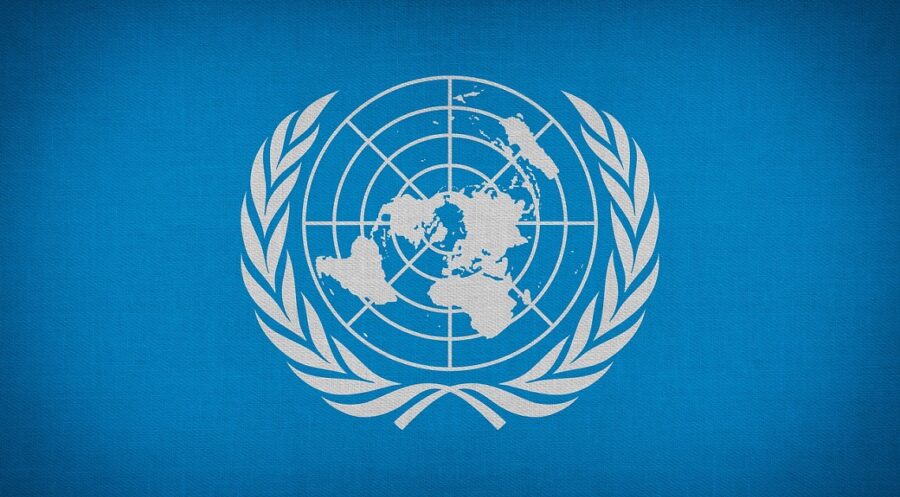Scaling-up Early Warning and Early Action through Comprehensive Disaster and Climate Risk Management was the theme of an event held at COP27 by the United Nations Office for Disaster Risk Reduction (UNDRR), the Risk-informed Early Action Partnership (REAP), and the World Meteorological Organization (WMO), in support of the ambitious goal of achieving “Early Warnings for All” within the next five years, a UNDRR press release states.
The purpose of the event was to highlight the enabling elements that will help this vision become a reality, such as integrated catastrophe risk reduction and climate action.
The “Early Warnings for All” plan necessitates a concerted effort from several actors, stakeholders, and institutions as it establishes the policy foundation for shared and joint responsibilities, including stronger ties across institutions and planning processes.
The purpose of the event was to discuss the difficulties that developing, vulnerable nations—such as small island developing States—face in addressing the effects of climate change, constructing future resilience, and coordinating at the national level to solve these difficulties. The discussion focused on how a common understanding of risk can guide coordinated implementation, including early warning systems, and how a policy foundation for integrated disaster and climate risk management can assist nations in better managing climatic risks and bolstering early warning systems.
The panel was attended by Jagan Chapagain, the secretary-general of the International Federation of Red Cross and Red Crescent Societies, Aminath Shauna, the minister of the environment, climate change, and technology for the Maldives, Ibrahima Cheikh Diong, the assistant secretary-general of the United Nations and director general of the African Risk Capacity Group, Arlene Laing, the director of coordination for the Caribbean Meteorological Organization, Ingrid Hoven, the managing director of GIZ, and Johan Stander, WMO Director of Services.
In order to ensure that every person on the entire globe is protected by early-warning systems within the next five years, UN Secretary-General António Guterres unveiled the specifics of the “Early Warnings for All” action plan at COP27. Climate-related disasters displace more people than armed conflict. The strategy aims for initial $ 3.1 billion in additional targeted investments between 2023 and 2027, or just 50 cents per person annually. It highlights priority measures needed to advance understanding of all potential disaster risks, specifies essential areas for doing so, and builds on the Sendai Framework for Disaster Risk Reduction.



